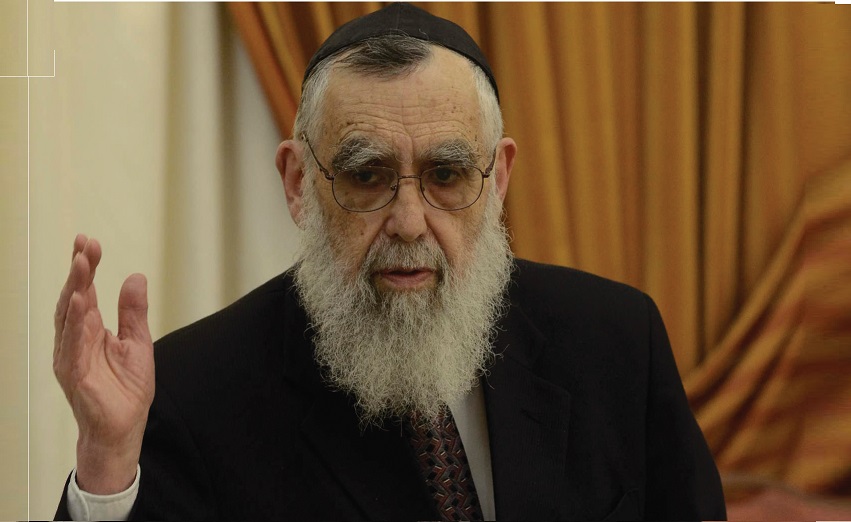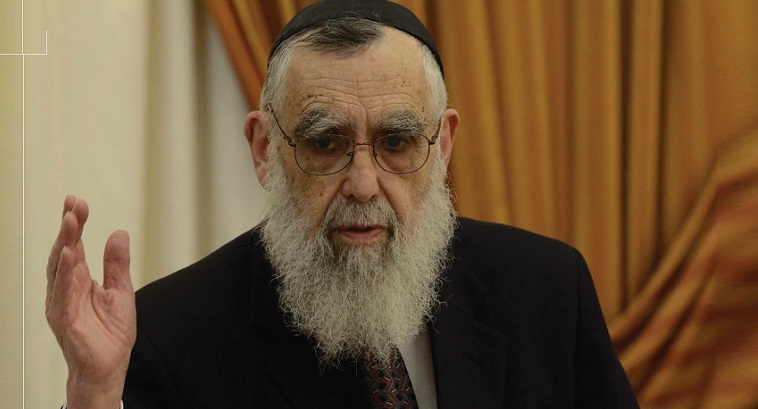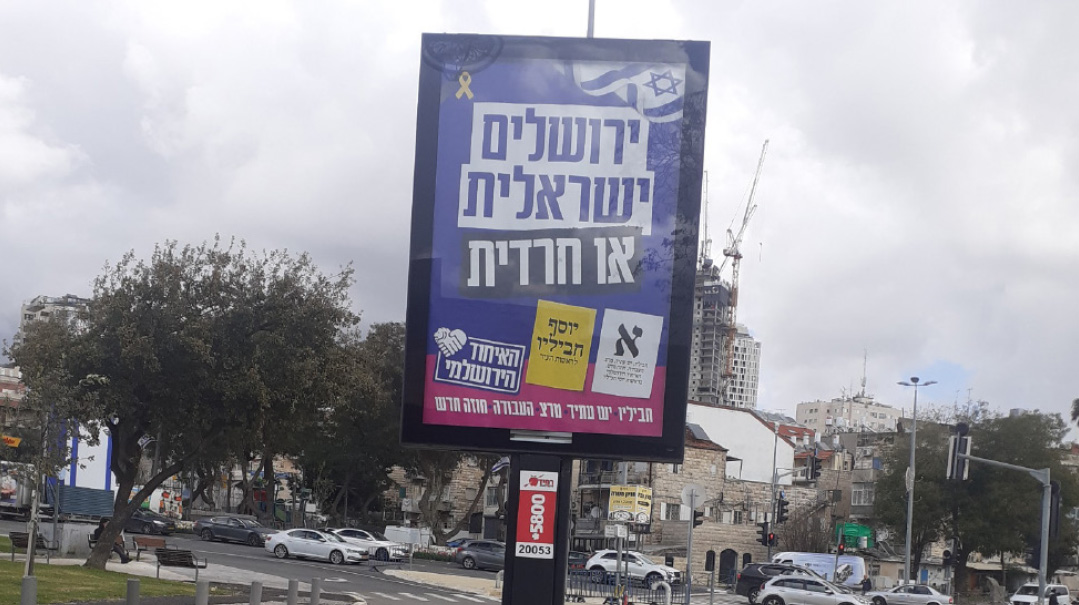A Top-Sacred Fable

The Messiah has come! Shops closed, crowds began lining the streets, musicians unwrapped their instruments, car horns blared. The Messiah has come!
A
nd it came to pass that in Heaven it was finally decided: it was time for the Messiah to appear, and bring peace and harmony and joy and fulfillment to mankind.
And so, at the appointed hour, the Messiah arrived at the Old City’s Shaar Harachamim Gate.
The gatekeeper, however, refused to let him enter, even though all his visas and passports and documents were in order. “You are wearing a shtreimel,” he said. “My Messiah will not be wearing a shtreimel. Clearly, you are an impostor.”
The Messiah replied with a gentle smile: “That is no problem. Here in my saddlebag is a selection of all the possible head coverings you might want. I have kippot serugot of all colors and sizes; large white knitted yarmulkes, black velvet yarmulkes, tiny leather yarmulkes, black hats with wide or narrow brims, Homburg hats, a variety of shtreimels. Whatever covering you prefer, I have it.”
“None of these will do,” said the gatekeeper, “because regulations state that you must be actually wearing the right kind of head covering, not simply carrying them.”
“And what, if I might ask, is precisely the right kind of head covering?“
“This is top sacred information we cannot divulge, but the true Messiah will surely know which one it is.”
The Messiah bowed graciously and said, “ I will have to get further instructions from my superior.” And he backed his donkey out and disappeared.
Early the next morning, the Messiah appeared at the Shaar Harachamim once more. This time, however, he was not wearing a normal head covering — not a shtreimel, not a kippah serugah, not a black hat. This time he was wearing his own tallis over his head.
“Aha!” said the gatekeeper, “now you have the proper head covering. Clearly your superior knows all the secrets. Now I can welcome you in.”
Before very long, the news spread rapidly. The Messiah has come! Shops closed, crowds began lining the streets, musicians unwrapped their instruments, car horns blared. The Messiah has come!
They waited and waited and waited, but where was he? When would he make his appearance in the streets of Jerusalem? As the hours slipped by, the excitement began to fade. Slowly the buzz of anticipation subsided, and a slow-moving silence enveloped the city.
And then the truth slowly emerged. The Messiah had in fact arrived and had been admitted through the gates. But he had to undergo one final inspection before entering the city. And in this inspection it was discovered that although he was wearing the proper head covering, the neckband/atarah of his tallis was not made of the correct, recognized material. Some held that the atarah must be made of pure silver, but others maintained that it must be of plain wool, like the tallis itself. The dispute was an ancient one, but until it was resolved, the appearance of the Messiah would not enhance peace but would only increase strife.
Upon hearing this news, the shops gradually reopened, the crowds dissipated, the musicians packed away their instruments, the car horns went silent, expectation gave way to sadness, hope slid into disappointment. And life resumed. Shtreimels and kippah serugahs and black hats and Homburgs and white knits and silver and woolen ataros all reappeared, and all claimed their separate spaces as before.
And so it came to pass that in Heaven a voice called out, “I love My children, but they are not yet ready to be redeemed.”
(Originally featured in Mishpacha, Issue 972)
Oops! We could not locate your form.




